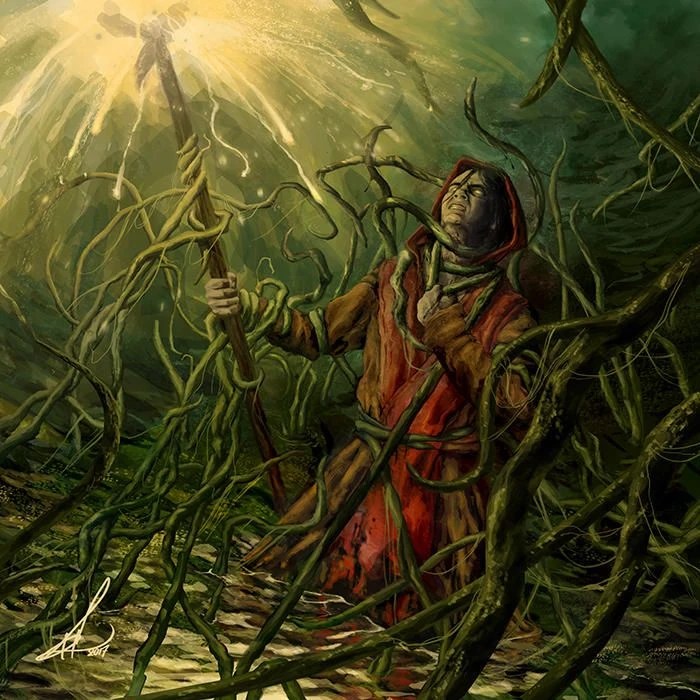Exploring the Complexities of Shadow Libraries and Their Impact

Are you curious about the whispers surrounding "shadow libraries"? The term itself evokes images of clandestine book collections and hidden knowledge, but the reality is far more complex. This exploration will delve into the multifaceted world of shadow libraries, examining their history, impact, and the ethical questions they raise.
Shadow libraries, often referred to as "shadow pubs," are online repositories of copyrighted material, often books and academic papers, made available without authorization from the copyright holders. They exist in a legal gray area, offering access to information often locked behind paywalls or geographical restrictions. While some view them as a democratizing force, others criticize their impact on creators and the publishing industry.
The emergence of shadow libraries is intertwined with the rise of the internet and digital piracy. Early forms of these libraries were often simple file-sharing networks. Over time, they evolved into sophisticated platforms with searchable databases and user-friendly interfaces. The increasing cost of academic journals and books, coupled with limited access in certain regions, has fueled the demand for such platforms.
Understanding the implications of using shadow libraries requires considering the perspectives of all stakeholders. Authors and publishers rely on copyright protection to earn a living and fund future creative endeavors. The unauthorized distribution of their work undermines this system and can discourage further creation. However, proponents of shadow libraries argue that they provide essential access to information, particularly for those in developing countries or facing financial constraints.
The legal landscape surrounding shadow libraries is constantly evolving. Copyright holders often pursue legal action against these platforms, leading to shutdowns and domain seizures. This cat-and-mouse game highlights the ongoing tension between access to information and intellectual property rights.
The history of unauthorized book distribution predates the internet. From hand-copied manuscripts to underground printing presses, the desire to share information has always existed. Shadow libraries are simply a digital manifestation of this long-standing practice.
One of the primary ethical dilemmas associated with shadow libraries centers on the concept of fair use. Fair use allows for limited use of copyrighted material without permission for purposes such as criticism, commentary, or education. However, the broad scope of content available on shadow libraries often blurs the lines of fair use, leading to legal and ethical debates.
Exploring legal alternatives to accessing copyrighted material is crucial. Public libraries, open-access journals, and educational resources offer legitimate pathways to information. Supporting these institutions can help foster a more equitable and sustainable information ecosystem.
While the allure of free access is undeniable, users should be aware of the potential risks associated with shadow libraries. These platforms often operate outside of legal frameworks, making users vulnerable to malware, data breaches, and legal repercussions.
Choosing to support creators and the publishing industry through legal channels ensures the continued production of high-quality content. Subscribing to journals, purchasing books, and donating to libraries are all ways to contribute to a thriving intellectual landscape.
The debate surrounding shadow libraries is complex and nuanced. Balancing the need for access to information with the rights of creators requires careful consideration and ongoing dialogue. By understanding the complexities and exploring ethical alternatives, we can work towards a future where knowledge is accessible while respecting the contributions of those who create it. This includes supporting authors, publishers, and legal platforms that provide access to information while upholding copyright laws. Investing in public libraries and advocating for open-access initiatives are crucial steps in building a more equitable and sustainable information ecosystem.
Finding the right healthcare provider in spring tx
Unlocking health literacy the power of educational scrapbooks
Cotswolds dream homes exploring properties with knight frank










